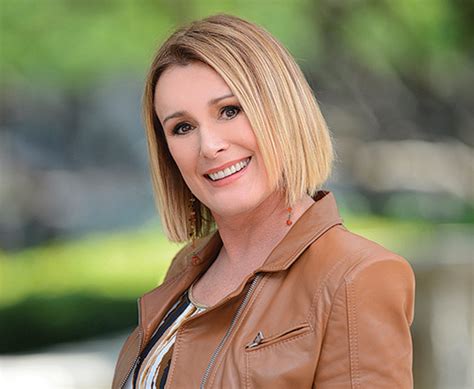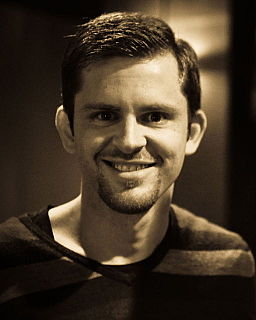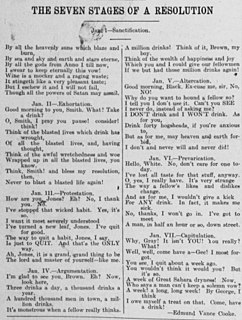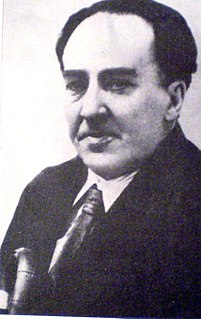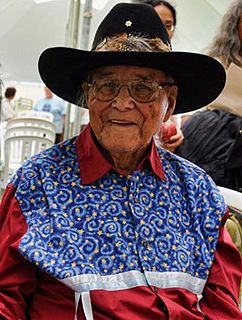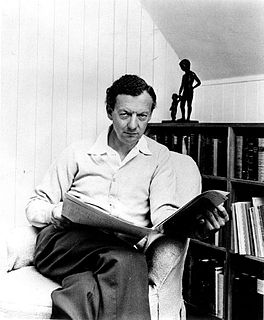A Quote by Laura Ingalls Wilder
The path that went by the little house had become a road. Almost every day Laura and Mary stopped their playing and stared in surprise at a wagon slowly creaking by on that road.
Related Quotes
Every day we have a choice. We can take the easier road, the more cynical road, which is a road sometimes based on a dream of a past that never was, fear of each other, distancing and blame, or we can take the much more difficult path, the road of transformation, transcendence, compassion, and love, but also accountability and justice.
I was driving down a familiar road one fall day when I almost drove off the road, the beauty was so intense. It looked as if God had sent in a team of the world's finest artists overnight-and I was privy to the opening day of his spectacle. As I slowly drove along this festive row, leaves danced in the air and brushed against my windshield. It seemed as if I had landed in Oz. I was strongly tempted to get out and clap at God's imagination.
But maybe prayer is a road to rise, A mountain path leading toward the skies To assist the spirit who truly tries. But it isn't a shibboleth, creed, nor code, It isn't a pack-horse to carry your load, It isn't a wagon, it's only a road. And perhaps the reward of the spirit who tries Is not the goal, but the exercise!
When the fiddle had stopped singing Laura called out softly, "What are days of auld lang syne, Pa?" "They are the days of a long time ago, Laura," Pa said. "Go to sleep, now." But Laura lay awake a little while, listening to Pa's fiddle softly playing and to the lonely sound of the wind in the Big Woods,… She was glad that the cozy house, and Pa and Ma and the firelight and the music, were now. They could not be forgotten, she thought, because now is now. It can never be a long time ago.
Life is complex. Each one of us must make his own path through life. There are no self-help manuals, no formulas, no easy answers. The right road for one is the wrong road for another...The journey of life is not paved in blacktop; it is not brightly lit, and it has no road signs. It is a rocky path through the wilderness.
Traditional people of Indian nations have interpreted the two roads that face the light-skinned race as the road to technology and the road to spirituality. We feel that the road to technology.... has led modern society to a damaged and seared earth. Could it be that the road to technology represents a rush to destruction, and that the road to spirituality represents the slower path that the traditional native people have traveled and are now seeking again? The earth is not scorched on this trail. The grass is still growing there.


